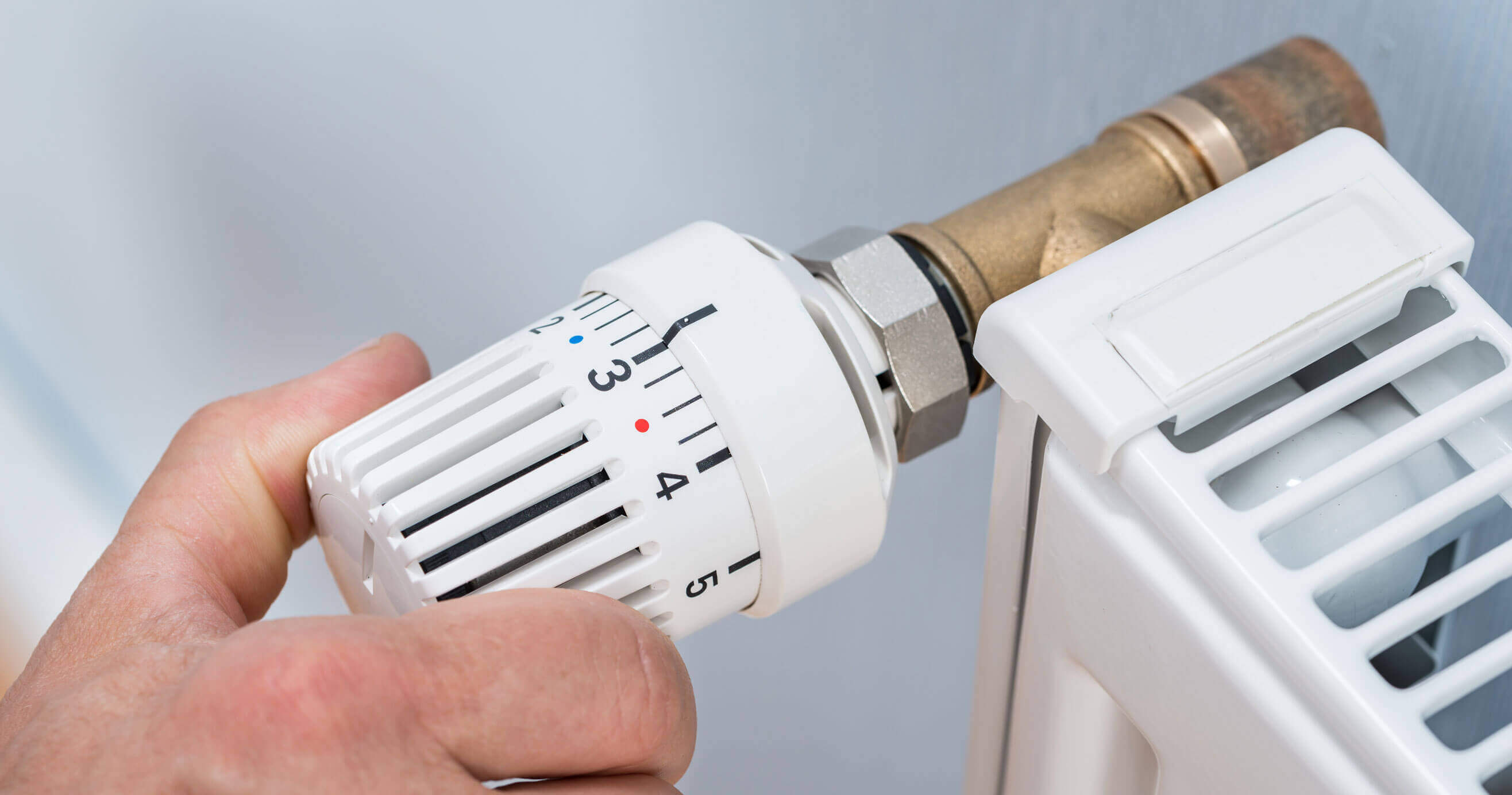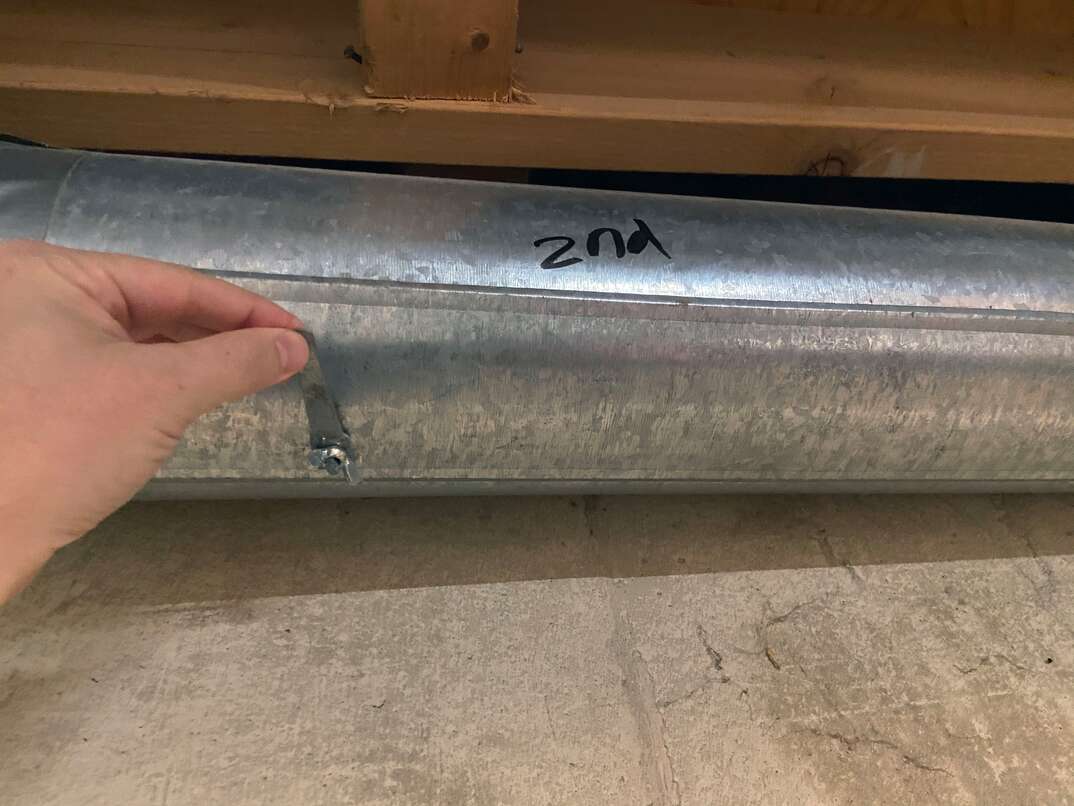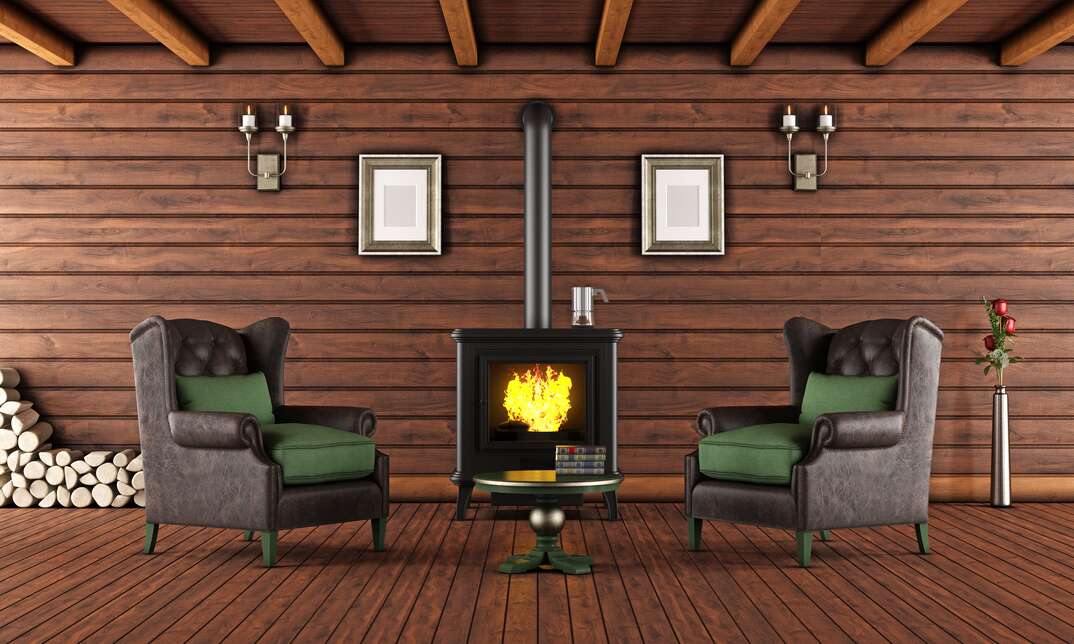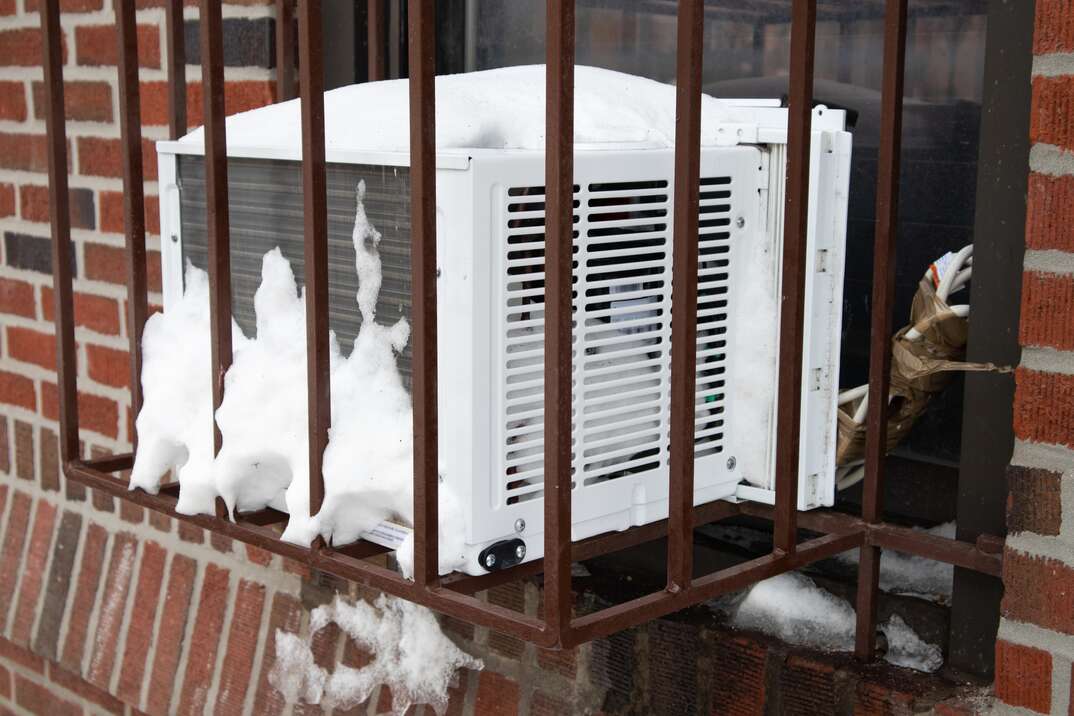DIY Home heating checkup

With winter around the corner, give your home heating system a quick checkup to help make sure your home stays toasty warm when the temperature drops.
1. Make sure the power is turned off
Always make sure the power to your heating system is turned off before you attempt to inspect it. This will ensure you stay safe while looking to perform maintenance and cleaning duties. Make sure to give the furnace, hot water pipes, and/or burners enough time to cool down before you touch them.
2. Swap clogged filters for new ones
If you have a forced-air system, the first item on your checklist is the air filter. Clogged filters can obstruct the flow of air, which makes your heating system work harder to warm up your home. A clean filter also helps keep dust and allergens out of your house, especially when windows and doors are shut tight for the winter months.
3. Clear vents and radiators properly for even heating
Heating vents accumulate dust, dirt and pet dander throughout the year, and should be cleaned out in order to improve the air quality in the house. Ensure that your ducts and vents stay clog-free so they allow air to pass through them easily. Also, be sure to move any clutter from around vents and radiators to help ensure even heating in your home. Blocked heating elements are also a fire hazard, so you'll help keep your family warm and safe.
4. Check for even heating
After you have cleaned your vents and radiators, you should turn on the heat and wait a bit. Give your heating system time to circulate heat throughout the house and keep an eye out for anything abnormal, like burning smells, loud bangs, or anything else that does not happen when the system is running normally.
5. Check for leaks or damages
Now take a good look at the parts of your heating system that you have safe access to, including the furnace, fuel tanks and lines, ductwork, and hot water pipes. Look for worn or broken parts and signs of water and fuel leaks as these are likely signs of larger problems. If you do find a leak or suspect one, be sure to call a qualified home heating technician to make the repair.
6. Note areas of concern and replace broken parts
Your heating system, like all other machinery, requires a regular tune-up to ensure it is working efficiently. Be sure to take notes and schedule any fixes right away. Ignoring issues now can lead to bigger, dangerous, and more costly home heating problems later.
7. Beware of carbon monoxide and exhaust
If your carbon monoxide detectors go off, or you smell burning fuel while your heat is running, exit the house immediately and call for help. Home heating systems should have an emergency switch that will shut down the entire system, so make sure you know where that switch is located. HomeServe does more than provide great advice to homeowners, we provide great repair plans, too! Enter your ZIP Code here to learn about the repair plans available in your area.


